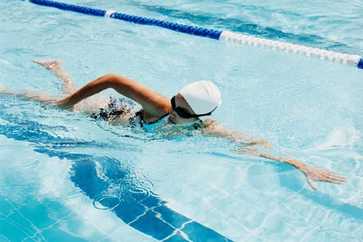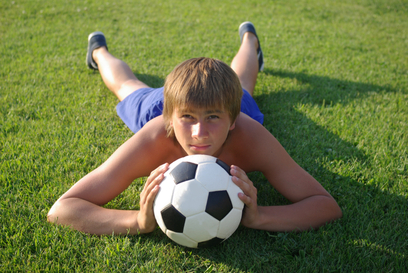
For Teens: While leakage can occur in small or large amounts, it is important to know there are ways to manage bowel incontinence without missing out on fun activities. For teens experiencing bowel incontinence, swim diapers can be provided. Swim diapers can be used on swimmers of all ages, and when properly sized, will not leak or soak up pool water. There are swim diapers you can find that are discreet enough they can be worn under regular swimwear. This means whenever you have an accident, you have enough protection and time to get out of the pool and change in the changeroom comfortably. Managing a lifestyle with bowel incontinence can be difficult, but there are many tips that can assist you.
- Kegel Exercises: People who have fecal incontinence or bowel leakage may be helped by doing specific exercises for the sphincter and pelvic floor muscles. These exercises could help improve the strength of the sphincter and pelvic floor muscles and improve bowel control.
- Dietary changes: Keep track of what you eat. You might discover a connection between certain foods and bowel leakage. Spicy, fatty, and greasy foods, carbonated drinks, and dairy products can worsen fecal incontinence. Make sure you are getting adequate fiber in your diet. Lastly, make sure you are drinking plenty of water to keep stools soft and formed.
- Be prepared: First of all, you should carry clean up supplies and a change of clothing around with you. Try to use the toilet right before getting in the pool, as well as know where the toilets are located in case you have to get to them quickly.
For Parents: Before you tackle the subject of incontinence and swimming with your teen, it is important you are informed on the subject. While there are multiple incontinence products to choose from, only specially made swim diapers would be appropriate to wear in the water. While you might be familiar with pads and disposable diapers, these would not be able to protect against any leakage in the water since they will automatically soak up the pool water. There are washable reusable swim diapers available, as well as disposable swim diapers based on preference.
It can be extremely upsetting to witness a child of yours missing out on water activities because they are scared of having an accident. Consider having a sit-down talk with your child about bowel incontinence and how it doesn’t have to stop them from participating in water activities. While you might feel that continual encouragement is the right thing to do, some teens might not be ready to face their fear. It is important to give your child time to process the information, and decide if or when they want to try out swimming on their own time.










